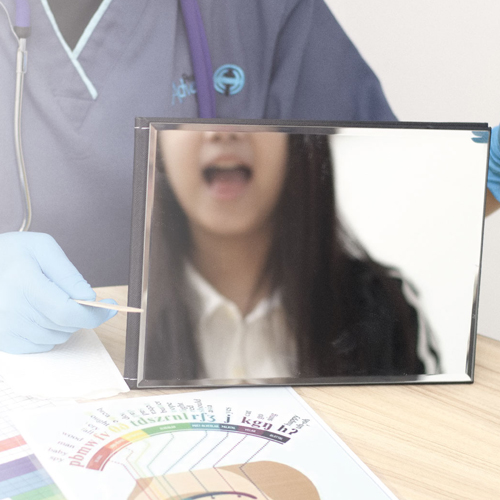
Children
Adults
Speech-language therapy can treat a broad range of speech, language, communication and swallowing problems in children and adults. With early intervention, it can improve a patient’s communication and self-confidence, especially when practised at home with the involvement of family members.
Level 4, Specialist Complex Building
Monday - Thursday:
8:00am - 5:00pm
Friday & Sunday: 8:00am - 1:00pm
Saturday: Closed


Malaysia Website Design, Lightflex.





